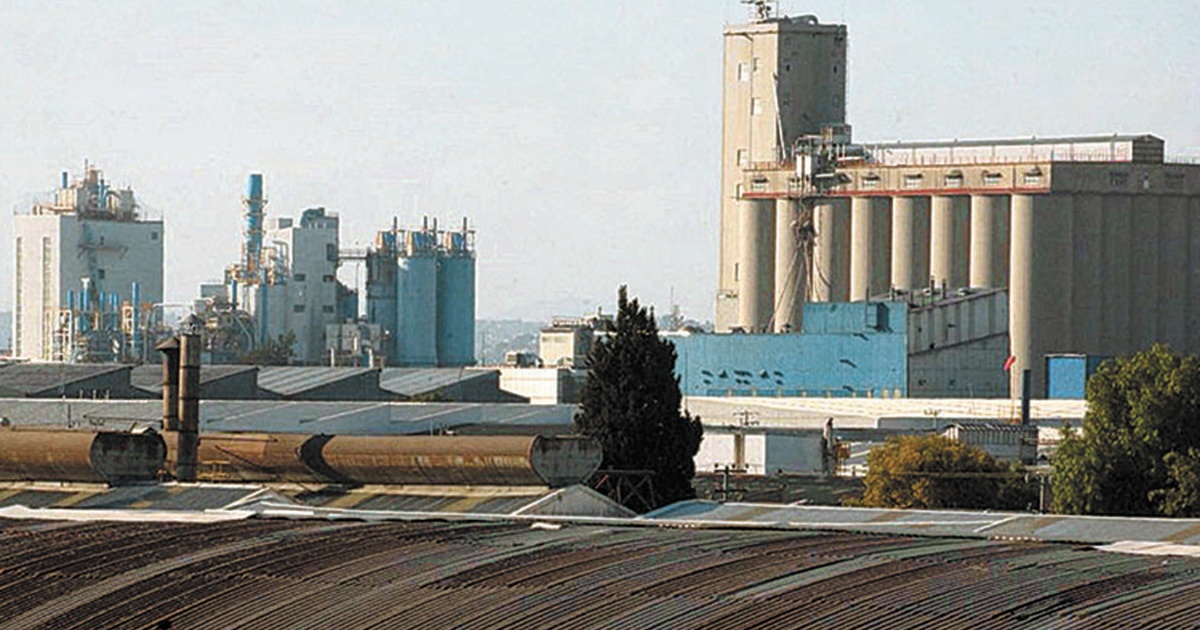The phenomenon of nearshoring in Mexico or relocation of industrial activities, in this case from China to places close to the United States, given the commercial and political conflicts of both, was the subject of two extensive analyzes by Morgan Stanley and BBVA. . Both agree that its potential is important, it can generate, in the coming years, annual investments of between 200 and 300,000 million pesos, and additional exports of around 20,000 million pesos. This is very important for an economy in which little is invested and, therefore, little is grown.
The phenomenon is already present in the country, the BBVA study shows how industrial facilities in places like Tijuana, Reynosa, the border cities of Coahuila and a large part of those in Monterrey are completely occupied by recent investments for export. The advantages of Mexico to take advantage of relocation are evident, because of the border they share, because of the competitive wages of Mexicans, but also because it is an economy that is already integrated into that of North America. The United States already exports practically the same amounts to Mexico as to China, in addition to the fact that Mexican exports are concentrated in consumer products, in which the largest increase is expected in North America.
The problem is that China surpasses Mexico in technology, human capital, infrastructure and other factors that make it difficult to transfer operations in certain sectors. In several of them, in fact, it will be impossible for it to happen in the short term. The point, it seems to me, is that, as in other opportunities that have opened up for greater commercial exchange, if we have an industrial policy with the mission of taking advantage of relocation, we can maximize the amounts of investment and employment associated with the phenomenon, as well as gain competitiveness also for other sectors that already export to North America. That can translate into more or less growth for the next few years. Nearshoring will not be the silver bullet that guarantees prosperity for the Mexican nation in the coming decades, but it will be a growth engine that can be much more powerful if we do something about it.
The industrial policy to accelerate nearshoring must begin with a clear diagnosis of the sectors that will naturally benefit, because they are already relevant in our trade with the United States, such as electronics or the traditional automotive industry, those that require the greatest boost. such as aerospace, medical supplies, plastics, furniture and machinery, and others that actually demand the creation of new ecosystems, such as electric vehicles and those related to the production of machinery for technological services.
For all, it is necessary to generate human capital, research for the absorption of technology, as well as facilities for the installation of plants and the solution to problems that afflict the industrial areas of the north of the country, such as water and energy. The country will also need greater investment in road, port, airport and train transport infrastructure focused on satisfying the sophisticated logistics requirements of this type. This will require the implementation of more effective and timely public and private investment schemes, so that these infrastructures materialize in the short term, which is when opportunities related to the phenomenon arise. It will also be necessary to build mechanisms with the United States to solve the challenges that are being presented with investments of enormous complexity and with the need to readjust the logistics of the area to the new needs. Alternatives must also be sought so that the relocation is not carried out exclusively in the border area, where, for the moment, there are no longer even physical spaces to carry it out, but rather that it expands to other areas of the country. , already connected to North American value chains, but not necessarily with industries that want to leave China for the United States. The fact of promoting nearshoring should become a central part of the debates of those who aspire to lead the country in the coming years.
Twitter: @vidallerenas
hartford car insurance shop car insurance best car insurance quotes best online car insurance get auto insurance quotes auto insurance quotes most affordable car insurance car insurance providers car insurance best deals best insurance quotes get car insurance online best comprehensive car insurance best cheap auto insurance auto policy switching car insurance car insurance quotes auto insurance best affordable car insurance online auto insurance quotes az auto insurance commercial auto insurance instant car insurance buy car insurance online best auto insurance companies best car insurance policy best auto insurance vehicle insurance quotes aaa insurance quote auto and home insurance quotes car insurance search best and cheapest car insurance best price car insurance best vehicle insurance aaa car insurance quote find cheap car insurance new car insurance quote auto insurance companies get car insurance quotes best cheap car insurance car insurance policy online new car insurance policy get car insurance car insurance company best cheap insurance car insurance online quote car insurance finder comprehensive insurance quote car insurance quotes near me get insurance





:max_bytes(150000):strip_icc():focal(749x0:751x2)/norwegian-epic-tout-122724-40486d577aa440dd8d18e6f07ba9fac0.jpg)


